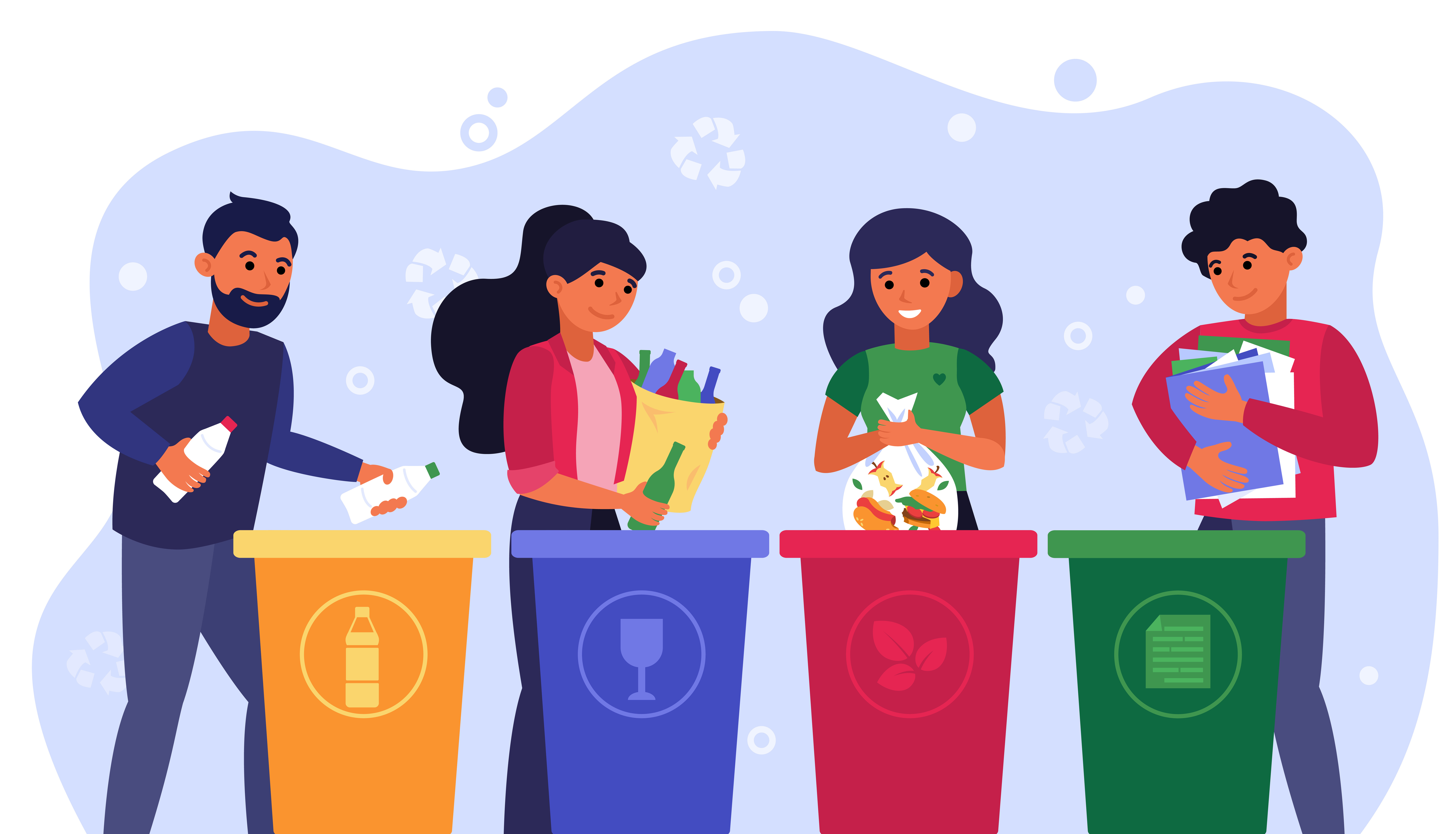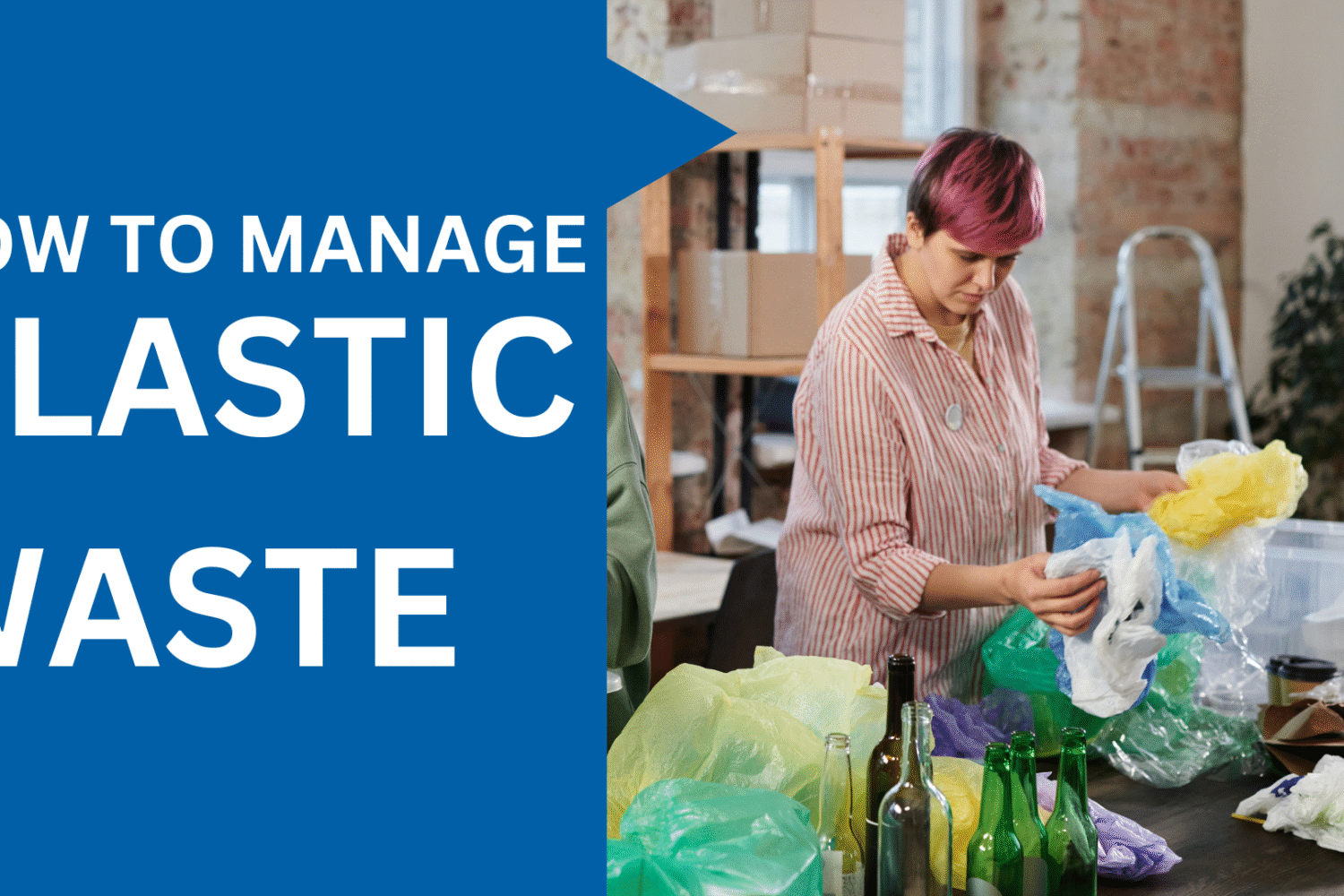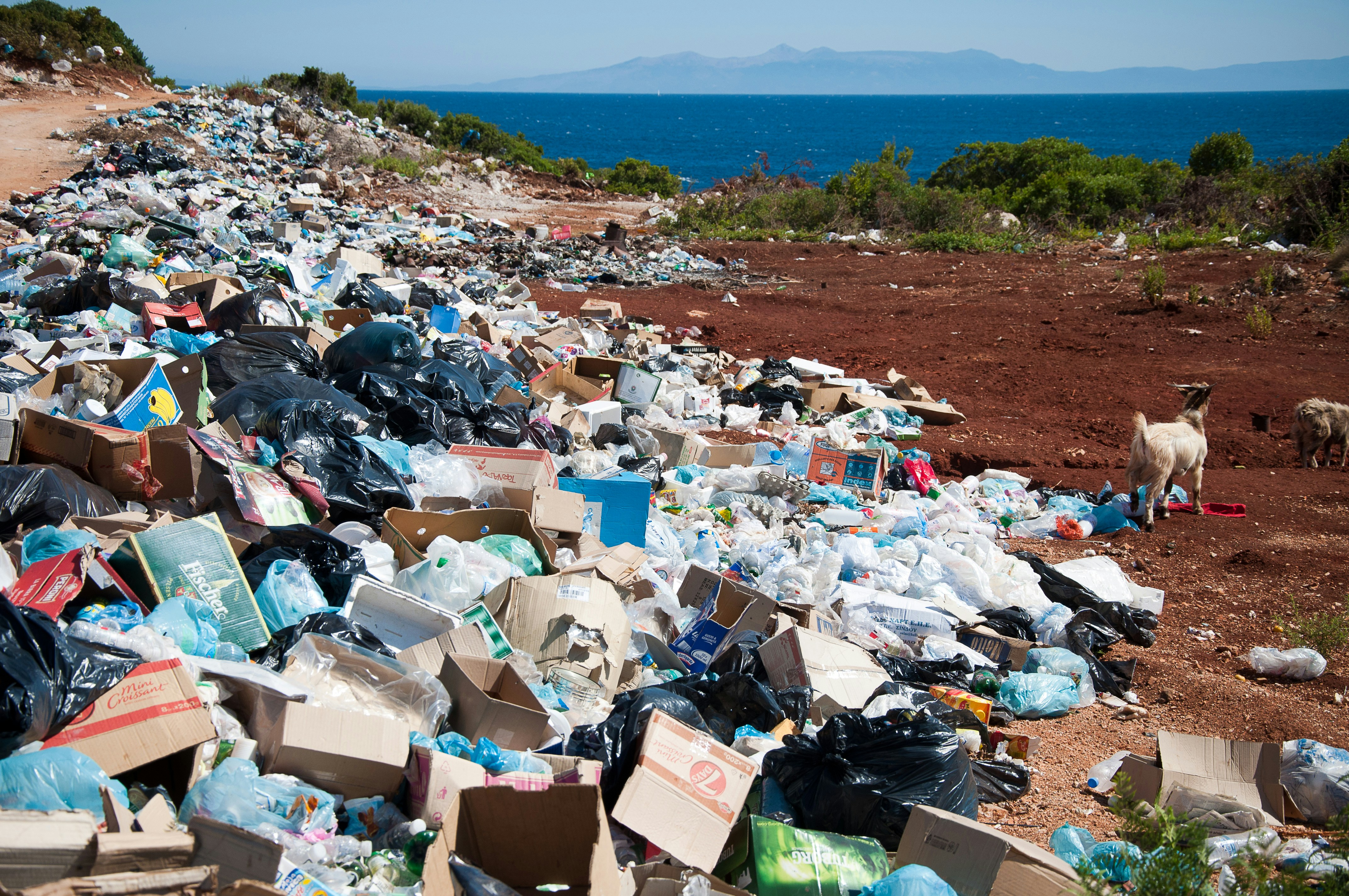What is plastic waste management?
Plastic waste management is the collection, processing, and disposal of plastic waste. It is a complex issue that involves a variety of stakeholders, including governments, businesses, and individuals.
The problem of plastic waste
Plastic waste is a major environmental problem. Every year, millions of tons of plastic end up in our oceans, where they can take hundreds of years to break down. This plastic can entangle and kill marine animals, and it can also break down into smaller pieces that are ingested by fish and other marine life.
Plastic waste can also pollute our land and waterways. It can contaminate soil and water, and it can harm wildlife. Plastic waste can also contribute to climate change, as it is made from non-renewable resources and it releases greenhouse gases when it breaks down.
The importance of plastic waste management
Plastic waste management is important for a number of reasons. It helps to protect the environment, it conserves natural resources, and it promotes economic development.
How to manage plastic waste

Waste sorting concept. Happy people putting plastic, glass, bio and paper garbage into different dumpsters. Vector illustration for environment protection and recycling topics
There are a number of things that can be done to manage plastic waste. These include:
- Reduce your use of plastic. One of the best ways to reduce plastic waste is to reduce your use of plastic in the first place. This means choosing products that are made from sustainable materials, such as paper or glass, and avoiding products that are packaged in plastic.
- Recycle plastic whenever possible. When you do use plastic, make sure to recycle it whenever possible. Recycling plastic helps to reduce the amount of plastic that ends up in our landfills and oceans.
- Dispose of plastic properly. When you dispose of plastic, make sure to do it properly. This means putting it in the recycling bin or taking it to a hazardous waste disposal facility.
- Support businesses that are working to reduce plastic pollution. There are a number of businesses that are working to reduce their plastic footprint. By supporting these businesses, you can help to make a difference.
- Get involved in your community. There are a number of ways to get involved in your community to help fight plastic pollution. You can volunteer for a beach cleanup, start a community compost program, or even start your own business that helps to reduce plastic pollution.
What is Hazardous Waste Management? Complete Overview
The Future of Plastic Waste Management
The future of plastic waste management is bright. There are a number of new technologies and initiatives that are being developed to help us reduce, reuse, and recycle plastic. These include:
- Biodegradable plastics. Biodegradable plastics are made from materials that can be broken down by bacteria and other microorganisms. This makes them a more sustainable alternative to traditional plastics.
- Recycling technologies. New recycling technologies are being developed that can turn plastic waste into new products. This helps to reduce the amount of plastic that ends up in landfills and oceans.
- Public awareness campaigns. Public awareness campaigns are being launched to educate people about the problem of plastic pollution and how they can help to reduce it.
By working together, we can create a future where plastic waste is a thing of the past.
Regulations and Policies
Global regulations on plastic waste aim to standardize and enhance management practices. From bans on certain plastics to incentives for recycling, these regulations shape the landscape of waste management.
Community and Corporate Involvement
Corporate social responsibility (CSR) initiatives are increasingly focused on reducing plastic waste. Companies are adopting sustainable practices, from reducing packaging to supporting recycling programs.
Community-led efforts are equally important, with grassroots movements and local projects demonstrating the power of collective action. These initiatives often lead to significant changes at the local level.
Conclusion
Effective plastic waste management is essential for a sustainable future. By understanding the types and sources of waste, adopting reduction and reuse strategies, and leveraging advanced technologies, we can significantly mitigate the environmental impact of plastics. Engaging communities and businesses in these efforts is crucial for long-term success.
FAQs
Q. What are the main types of plastic waste?
A. Common types include PET, HDPE, and PVC, each used in various applications from bottles to packaging.
Q. How can individuals contribute to reducing plastic waste?
A. Simple actions like using reusable bags, refusing single-use plastics, and supporting recycling programs can make a big difference.
Q. What are the benefits of recycling plastics?
A. Recycling helps conserve resources, reduce pollution, and decrease greenhouse gas emissions.
Q. Why are biodegradable plastics important?
A. They offer an alternative that can break down more easily, reducing long-term environmental impact.
Q. What role does technology play in plastic waste management?
A. Technology enhances sorting, recycling efficiency, and the development of new materials, improving overall waste management.


